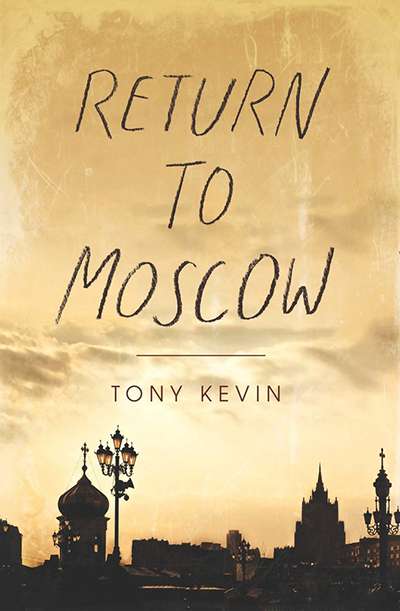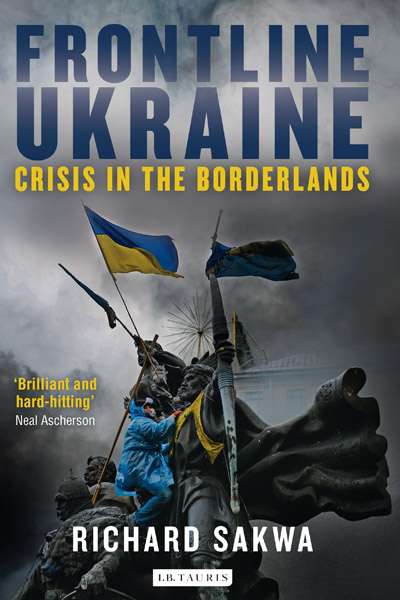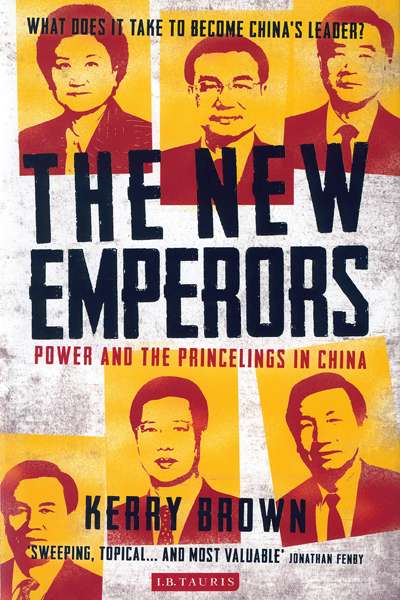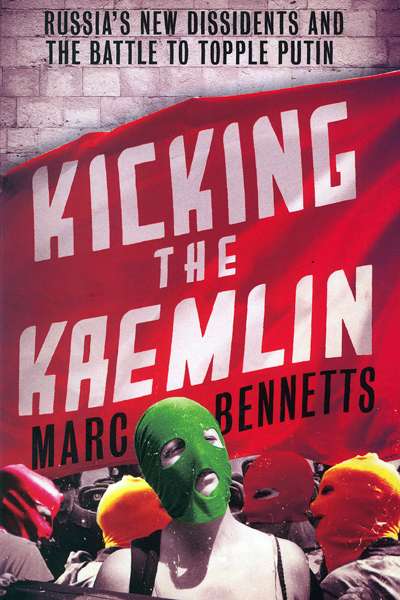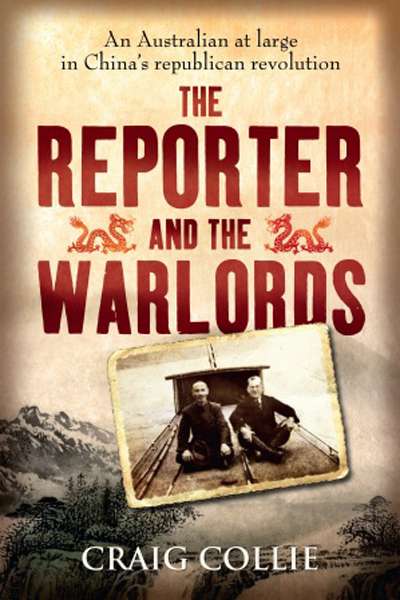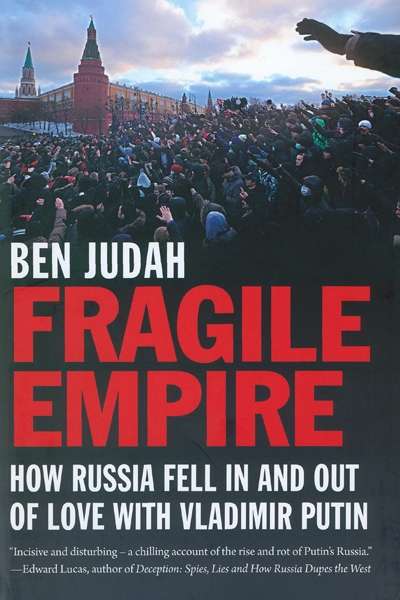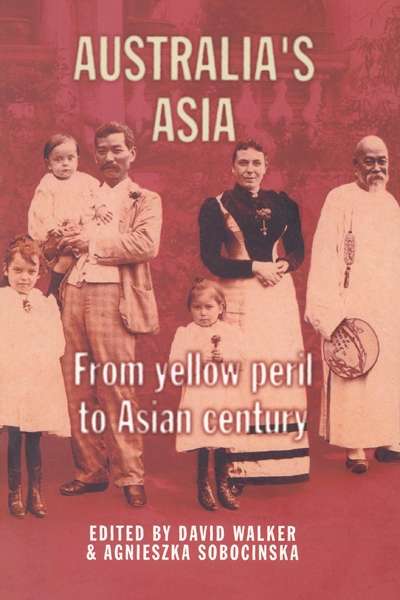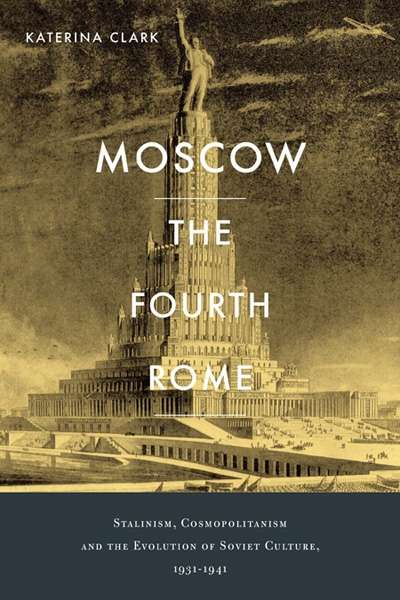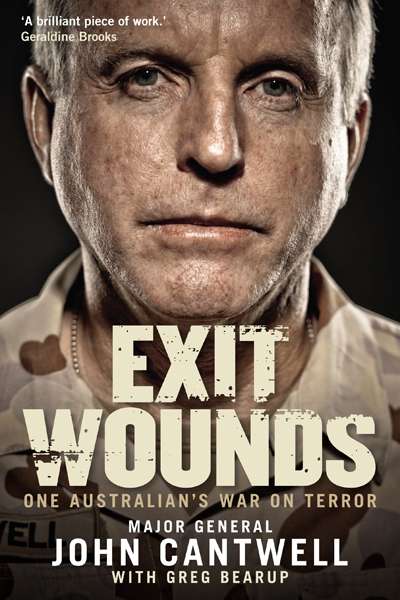Nicholas Hordern

Nick Hordern took an Arts degree at the University of Sydney, concentrating on Indian history and Islamic studies, before joining the Department of Foreign Affairs. As well as postings in Pakistan and Sri Lanka, his public service career included stints in the Office of National Assessments and the Department of the Prime Minister and Cabinet. For five years he worked in Parliament House Canberra as a political staffer and journalist, then for fifteen years he was an editor and senior writer with the Australian Financial Review in Sydney. He now lives on the South Coast of New South Wales.
It is all Vladimir Putin's fault. Two years after the crisis in Ukraine erupted, the prevailing view in Europe, the United States, and Australia remains that responsibility for the conflict there – including the shooting down of flight MH17 – lies with Russia's president. This, the argument goes, is all part of Putin's plan to restore Russia's dominance of its region to the borders of the form ... (read more)
For countries, and none so important to Australia, have a political system as opaque as that of China. This is deliberate; since the turmoil of the Cultural Revolution, the Communist Party of China (CPC) has striven to make turnovers in its leadership as bland as possible. But the elevation of the country’s current ‘Fifth Generation’ Leadership was actually full of drama. The New Emperors, w ... (read more)
Moscow’s annexation of Crimea in March was a dramatic sign of Russia’s sense that it had recovered from its post-Soviet weakness. Viewed in the West as an outrage, in Russia the seizure was portrayed as a triumph, the culmination of a national resurgence under Vladimir Putin. It remains to be seen how long this mood of triumph will last.
President Putin’s popularity has long been buoy ... (read more)
Celebrity knows no borders, so the Australian visitor to Xi’an, capital of China’s north-western province of Shaanxi, shouldn’t be too surprised to come across images of compatriots like Hugh ‘Wolverine’ Jackman and Nicole ‘Face of Chanel’ Kidman adorning the city’s retail centre. But if they look around in Xi’an’s museums and historical displays, they may be intrigued to find ... (read more)
On 18 July 2013the Russian opposition figure Alexei Navalny was sentenced to a five-year jail term on corruption charges. Navalny, in a speech to the court castigating the dispensation which has emerged in Russia since Vladimir Putin first became president in 2000, attacked a ‘system of power in which 83 percent of the country’s wealth is in the hands of half of one percent of the population ... (read more)
The launch last October of the Gillard government’s White Paper Australia in the Asian Century was quite a show; in Pakistan it would have been called a tamasha – to use the lovely Urdu word for a song and dance. A flock of officials, business figures, commentators, and consultants looked grave and prophetic as they preached the importance of Asia – as if it were a new idea (their own). But ... (read more)
In Ernest Hemingway’s novel For Whom the Bell Tolls, the hero Robert Jordan, an American fighting on the Republican side in the Spanish Civil War, receives some advice from Karkov, a Russian ‘journalist’ at the unofficial Soviet headquarters in Madrid.
Jordan has been pressing Karkov on whether the Soviets consider the assassination of political opponents a legitimate technique. Musing iron ... (read more)
Nick Hordern reviews 'Exit Wounds: One Australian's War On Terror' by John Cantwell with Greg Bearup
To go into any bookshop, if you can still find one, is to be amazed at the space devoted to militaria: endless shelves of books not just about the two world wars and Vietnam, but all wars in all times. This vicarious fascination with war echoes another phenomenon of our time: the rise of overt public respect for soldiers.
... (read more)
Too often foreign affairs seem the realm of tedious diplomacy, impenetrable acronyms, and cynical realpolitik. So it comes as a relief to Western governments and voters if they can from time to time adopt a stance that places them on the side of the angels. Helping transform bad régimes into good, as in Burma, offers such an opportunity, and activist and author Benedict Rogers’ book is very muc ... (read more)

